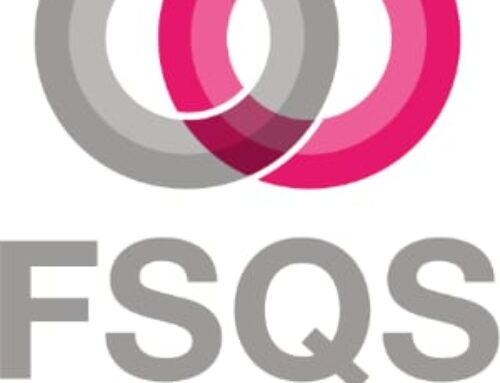Insurance law firm Horwich Farrelly has secured what it says is the first finding of fundamental dishonesty under the extended provisions that took effect exactly a year ago.
Under section 57 of the Criminal Justice and Courts Act 2015, where a claim is found to be fundamentally dishonest in any part the court must now dismiss the whole claim – even if it includes a genuine element – unless to do so would cause ‘substantial injustice’.
Previously a finding of fundamental dishonesty simply resulted in the claimant losing the protection of qualified one-way costs shifting (QOCS).
The firm reported that in Hughes, Kindon and Jones v KGM, heard on 1 April at Taunton County Court, all three claimants alleged they had suffered injuries lasting 12 months, despite what was a “very minor incident” with the insurer’s policyholder.
At trial, a number of inconsistencies in the claimants’ evidence was highlighted, including the nature of injuries suffered, failure to seek medical attention and, in the case of one claimant, failing to mention the incident and injuries to their GP several months later.
Jones’s claim was struck out for failing to provide witness evidence, with costs awarded to KGM. However, Deputy District Judge Eaton-Hart found that the impact was sufficient to have caused injury to Hughes and Kindon, but only for a period of just two weeks, rather than the 12 months claimed. On this basis he initially awarded the pair £750 each in damages.
Seeking a declaration under section 57, Horwich Farrelly argued that it would be unfair that the insurer would still be liable for their costs, highlighting that during a medical examination six weeks after the accident, the claimants had stated they were still suffering from the injuries it caused.
The firm recorded that in striking out the claims in their entirety, the judge said the two claimants had “presented a deliberate inaccurate position to the medical expert for financial gain”. He also ruled that the claimants would not suffer substantial injustice from the decision.
The claimants automatically lost QOCS protection and were ordered to pay the insurer costs of £6,100. Permission to appeal was refused.
Ronan McCann, fraud partner at Horwich Farrelly, said: “This is a very important result for the insurance industry as a whole…
“Whilst we’re expecting to see the ‘substantial injustice’ clause of the Act tested in the coming months, this result sends a clear message that we will use the full range of tools at our disposal to tackle dishonest claims.”





